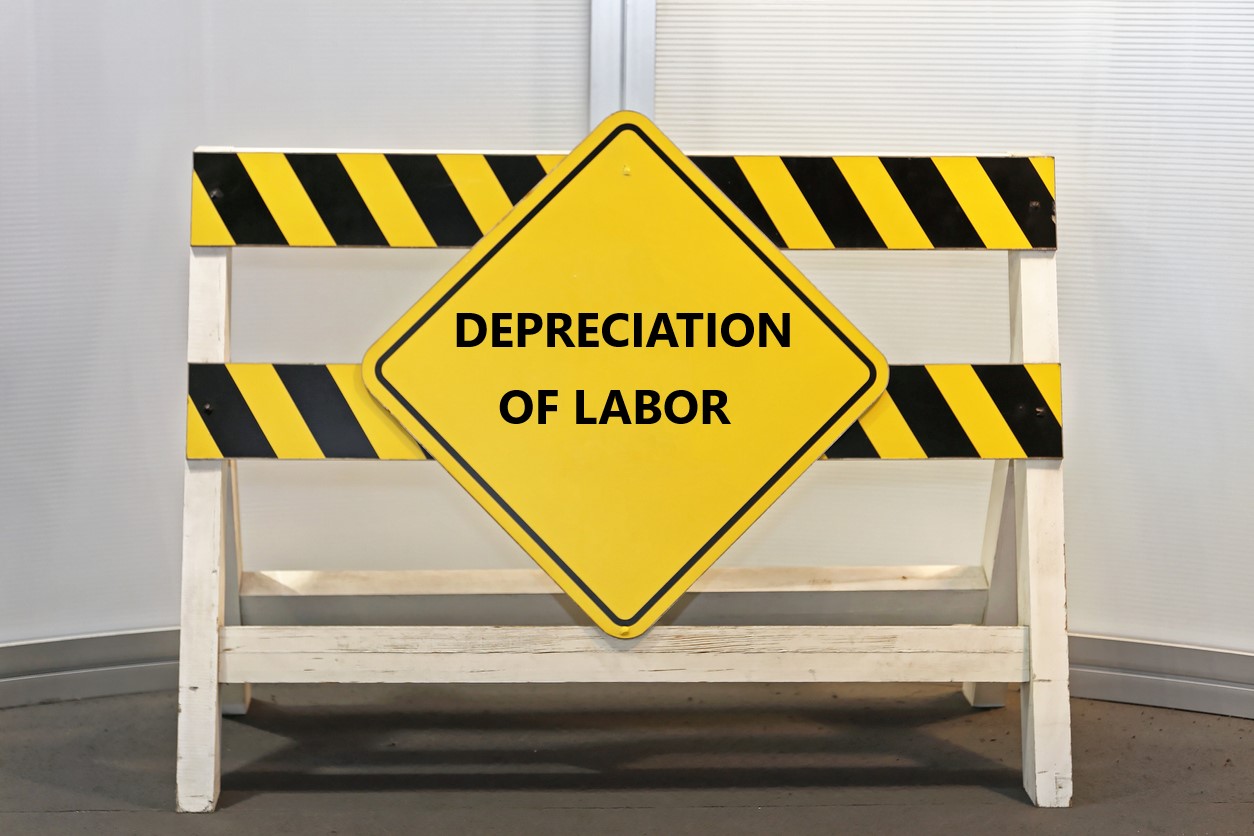Whether labor can be depreciated in arriving at an actual cash value property loss settlement has been a hot topic of debate over these past five years, and the subject of many Merlin lawyer blogposts. An Illinois appellate court recently weighed in on the issue in Sproull v. State Farm Fire and Casualty Company.1
There, an insured filed a putative class action complaint against State Farm seeking damages for breach of contract and declaratory relief. The insured alleged that State Farm improperly depreciated labor costs when it calculated the actual cash value of covered losses and that State Farm concealed this practice from the insured-plaintiff and similarly situated policyholders. State Farm moved to dismiss the complaint, arguing that its method of calculating actual cash value fully complied with the terms of its policy and Illinois law. The circuit court denied the motion, finding that the undefined term “actual cash value” was ambiguous and should be construed strictly against State Farm. The circuit court then granted State Farm’s motion to certify the following question to the appellate court for interlocutory review:
Where Illinois’ insurance regulations provide that the ‘actual cash value’ or ‘ACV’ of an insured, damaged structure is determined as ‘replacement cost of property at time of loss less depreciation, if any,’ and the policy does not itself define actual cash value, may the insurer depreciate all components of replacement cost (including labor) in calculating ACV?
The appellate court answered “no” to this question.
In reaching its decision that only the property structure and materials are subject to a reasonable deduction for depreciation and that depreciation may not be applied to the intangible labor component, the appellate court concluded that the average, ordinary, reasonable homeowner, for whom the policy was written, would have reasonably expected that depreciation would only apply to property i.e., physical structures and tangible materials, as those lose value with age, use, and wear and tear. The appellate further concluded that it was not reasonable to believe that the average homeowner would consider labor to be a tangible asset included within the definition of depreciation.
The loss in question arose out of a 2015 windstorm. The primary consideration to the appellate court in reaching its decision was the fact that the State Farm policy at issue did not define the term “actual cash value”.
In 2016, State Farm came out with its “Actual Cash Value Endorsement,” which clearly and unambiguously states that labor is subject to depreciation.2 So, while the Sproull decision will have little impact on State Farm losses subject to its “Actual Cash Value Endorsement,” it will have a significant impact on those insurers who write property policies in Illinois without defining actual cash value to include depreciation of labor. In other words, insurers will be in violation of Illinois law in depreciating labor in arriving at an actual cash value property loss settlement.
______________________________
1 Sproull v. State Farm Fire and Cas. Co., No.: 5-18-0577 (Ill. App. July 24, 2020).
2 Under this endorsement (FE-3650), all components of the estimated actual cash value, defined as the estimated cost to repair or to replace damaged property, are subject to depreciation, including labor, materials, taxes, and overhead and profit.




